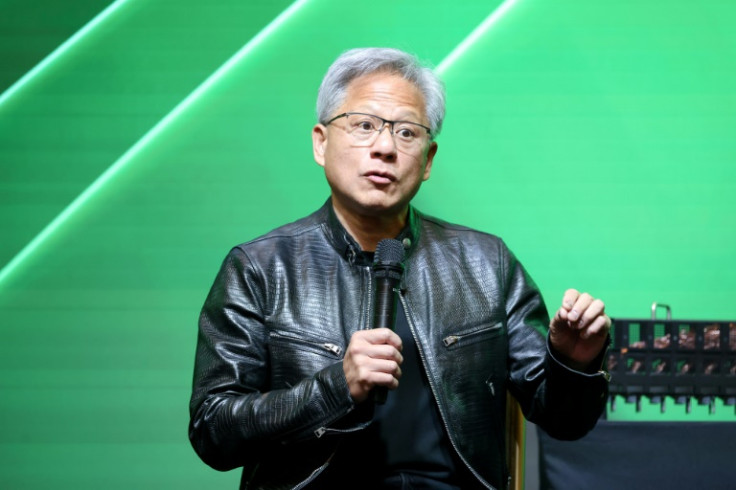China Accuses Nvidia of Breaking Anti-Monopoly Law Over Mellanox Deal — What It Means for Global Tech
Beijing accuses Nvidia of breaching competition rules in Mellanox deal, fuelling cross-border tech scrutiny

China's top market regulator has alleged that US chip giant Nvidia violated conditions tied to its $7 billion acquisition of Israeli networking firm Mellanox Technologies, approved in 2020.
The State Administration for Market Regulation (SAMR) announced preliminary findings on 15 September 2025, suggesting breaches of competition and supply guarantees.
The probe could result in fines of up to 10% of Nvidia's China-based revenue, underlining rising tensions in the global semiconductor industry.
Beijing Tightens Grip on Foreign Tech
SAMR said its initial investigation found Nvidia had failed to honour commitments made during the Mellanox acquisition, particularly those ensuring fair competition and supply continuity in China. The regulator has not detailed the precise violations but confirmed the inquiry will continue.
China contributed about $17 billion to Nvidia's revenue in the fiscal year ending January 2025, or roughly 13% of its global sales, according to company filings. Any penalties could therefore carry a significant financial impact. The scrutiny highlights Beijing's broader push to regulate foreign tech firms linked to critical infrastructure and data transmission.
The SAMR's move comes amid broader efforts by Beijing to assert control over foreign tech firms operating within its borders, especially those involved in critical infrastructure and data transmission.
The Mellanox deal, which gave Nvidia control over high-performance networking solutions used in data centres and AI systems, was cleared by Chinese regulators in 2020 on the condition that Nvidia maintain supply access and competitive fairness for Chinese customers.
Strategic Flashpoint in US-China Tech Rivalry

The timing of the announcement is notable. It coincides with the fourth round of US-China trade talks in Madrid, where semiconductor access and national security concerns are high on the agenda.
US Treasury Secretary Scott Bessent and Chinese Vice Premier He Lifeng are leading negotiations that include discussions on tariffs, chip exports, and the ownership of platforms like TikTok.
Analysts suggest the probe into Nvidia may be part of a broader strategy by Beijing to counter Washington's escalating restrictions on advanced chip exports.
In recent months, the US has tightened controls on AI processors and networking components, many of which are produced by Nvidia.
China, in turn, has launched anti-dumping investigations into US-made analogue chips and summoned domestic firms such as Tencent and ByteDance to explain their purchases of Nvidia's H20 chip, which is tailored to comply with US export rules.
Chips continue to be a focal point in global geopolitical tensions, with Beijing indicating a readiness to wield regulatory measures as strategic leverage.
Implications for Nvidia and Global Chip Market

For Nvidia, the stakes are high. The company's dominance in AI chips and data centre hardware has made it a linchpin in both commercial and military-grade computing. Any disruption to its operations in China, whether through fines, restrictions, or reputational damage, could have a ripple effect across global supply chains.
Shares of Nvidia fell 2.5% in premarket trading following the SAMR announcement, reflecting investor concern over the regulatory headwinds. The company has not yet issued a formal response to the allegations.
The Mellanox acquisition, once hailed as a strategic win for Nvidia's data infrastructure ambitions, now appears to be a liability in the context of China's evolving tech policy. If found guilty of breaching anti-monopoly rules, Nvidia could face not only financial penalties but also operational constraints in one of its largest markets.
A Cautionary Tale for Cross-Border M&A
The case underscores the growing complexity of international mergers and acquisitions in the tech sector. Regulatory approvals are no longer mere formalities. They come with binding conditions that can be revisited years later, especially in politically sensitive industries.
For global tech firms, the Nvidia-Mellanox saga serves as a cautionary tale: compliance with foreign regulatory frameworks is not a one-time hurdle but an ongoing obligation.
As governments become more assertive in policing digital infrastructure and data sovereignty, companies must navigate a landscape where business decisions are inseparable from geopolitical risk.
© Copyright IBTimes 2025. All rights reserved.





















